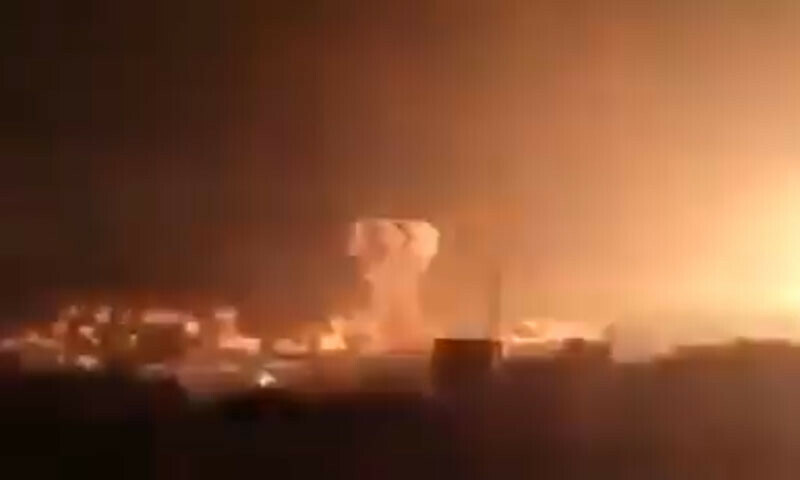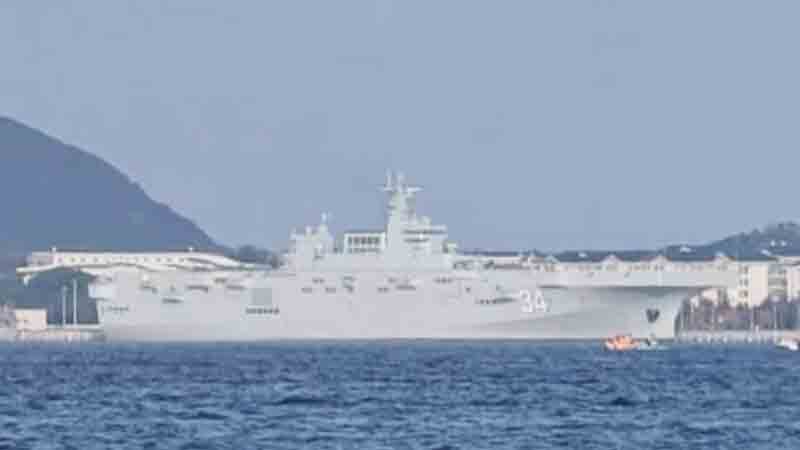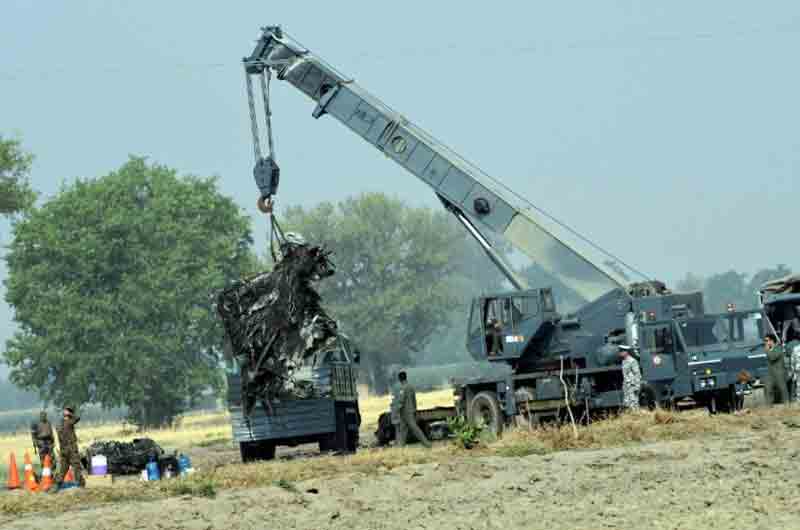With a prod from the United States, India and Pakistan have retreated from the verge of full-scale conflict; but, observers warned that President Donald Trump‘s offer to mediate the Kashmir dispute now poses a serious challenge to New Delhi’s ambitions as a world diplomatic force.
India’s quick ascent to the fifth-largest economy in the world has increased its self-assurance and influence internationally, where it has been crucial in resolving regional crises like the earthquake in Myanmar and the economic collapse of Sri Lanka.
However, the dispute with Pakistan over Kashmir, which erupted in recent days with airstrikes, drone attacks, and missile exchanges that resulted in the deaths of at least 66 people, hits a delicate spot in Indian politics.
Future chances for violence in Kashmir may be determined by how India navigates the diplomatic needle, claiming its own interests in the conflict while embracing Trump on subjects like trade. This will mostly depend on domestic politics.
“The truce calls for further extensive negotiations, which India is probably not interested in. It will be difficult to uphold,” said Washington-based South Asia analyst Michael Kugelman.
Late on Saturday, the two governments accused one another of grave violations, demonstrating how shaky the truce still is.
Kugelman pointed out that the ceasefire was “cobbled together quickly” during the height of tensions.
Trump declared on Sunday that “I am going to enhance commerce, greatly, with both of these wonderful nations” after the truce.
Since the crisis started, Indian Prime Minister Narendra Modi has refrained from making any public remarks about it.
Kashmir is not negotiable, least of all by a third-party mediator, as India views it as an essential component of its territory. Both India and Pakistan claim full and partial sovereignty over the picturesque Himalayan region, and have fought two wars and many more battles over what India claims is an insurgency supported by Pakistan. Pakistan disputes that it supports insurgency.
Indian defense analyst Brahma Chellaney stated, “By consenting to abort under U.S. pressure… just three days of military operations, India is directing international attention to the Kashmir conflict, not to Pakistan’s cross-border terrorism that precipitated the crisis.”
As the neighbors engaged in frequent fighting over Kashmir, the West viewed India and Pakistan primarily in the same way for decades following their separation in 1947. In recent years, that has altered, in part because of India’s economic growth, while Pakistan’s economy slowed to less than a tenth of India’s size.
However, many Indians have taken offense at Trump’s suggestion to try to resolve the Kashmir issue and U.S. Secretary of State Marco Rubio’s announcement that India and Pakistan would begin discussing their more general issues at a neutral location.
While India has denied that a third party was involved in the truce, claiming that the two sides independently agreed to it, Pakistan has expressed gratitude to Trump on multiple occasions for his offer on Kashmir.
The strategic goals of New Delhi’s Wednesday missile firing into Pakistan, which it claimed was reprisal for an attack on tourists in Kashmir last month that killed 26 persons, are already being questioned by analysts and Indian opposition parties. It accused Pakistan of being behind the strike, a claim Islamabad refuted.
Compared to his predecessors, Modi demonstrated a far greater willingness to take risks by shooting missiles deep into Pakistan. However, the abrupt halt to hostilities exposed him to infrequent domestic criticism.
Former lawmaker Swapan Dasgupta of Modi’s Hindu nationalist Bharatiya Janata Party claimed that “Trump unexpectedly emerged out of nowhere and announced his verdict” was one of the reasons why the ceasefire had not been warmly received in India.
The primary opposition Congress party joined in, calling on the government to provide an explanation for the “ceasefire announcements made from Washington, D.C.”
A spokesman for Congress, Jairam Ramesh, questioned, “Have we opened the doors to third-party mediation?”
Even though the fighting has ceased, there are still some issues of contention in the relationship that will try India’s resolve and could lead it to take a more assertive stand.
The Indus Waters Treaty, which India halted last month but which provides a crucial source of water for many of Pakistan’s agriculture and hydroelectric plants, is the country’s top concern, according to Pakistani diplomats and government officials.
Former foreign minister and current head of the government-supporting People’s Party of Pakistan, Bilawal Bhutto Zardari, stated that “Pakistan would not have consented (to a ceasefire) without U.S. pledges of a broader conversation.”
A wide deal would be required to end the cycle of brinksmanship over Kashmir, according to Moeed Yusuf, the former national security advisor for Pakistan.
He explained, “Because the fundamental problems still exist, and every six months, a year, two years, or three years, something like this occurs and suddenly you are again at the edge of war in a nuclear environment.”
Discover more from Defence Talks | Defense News Hub, Military Updates, Security Insights
Subscribe to get the latest posts sent to your email.





